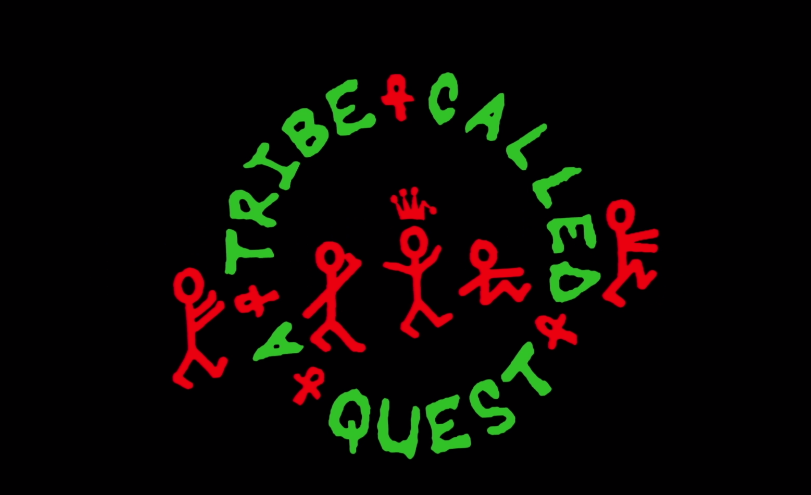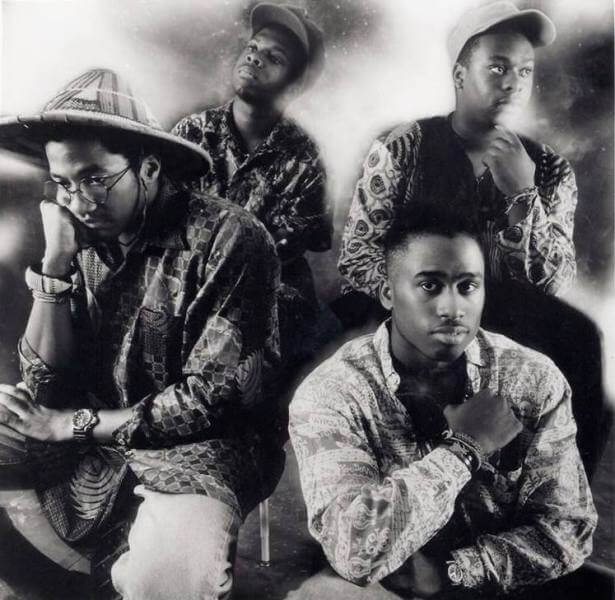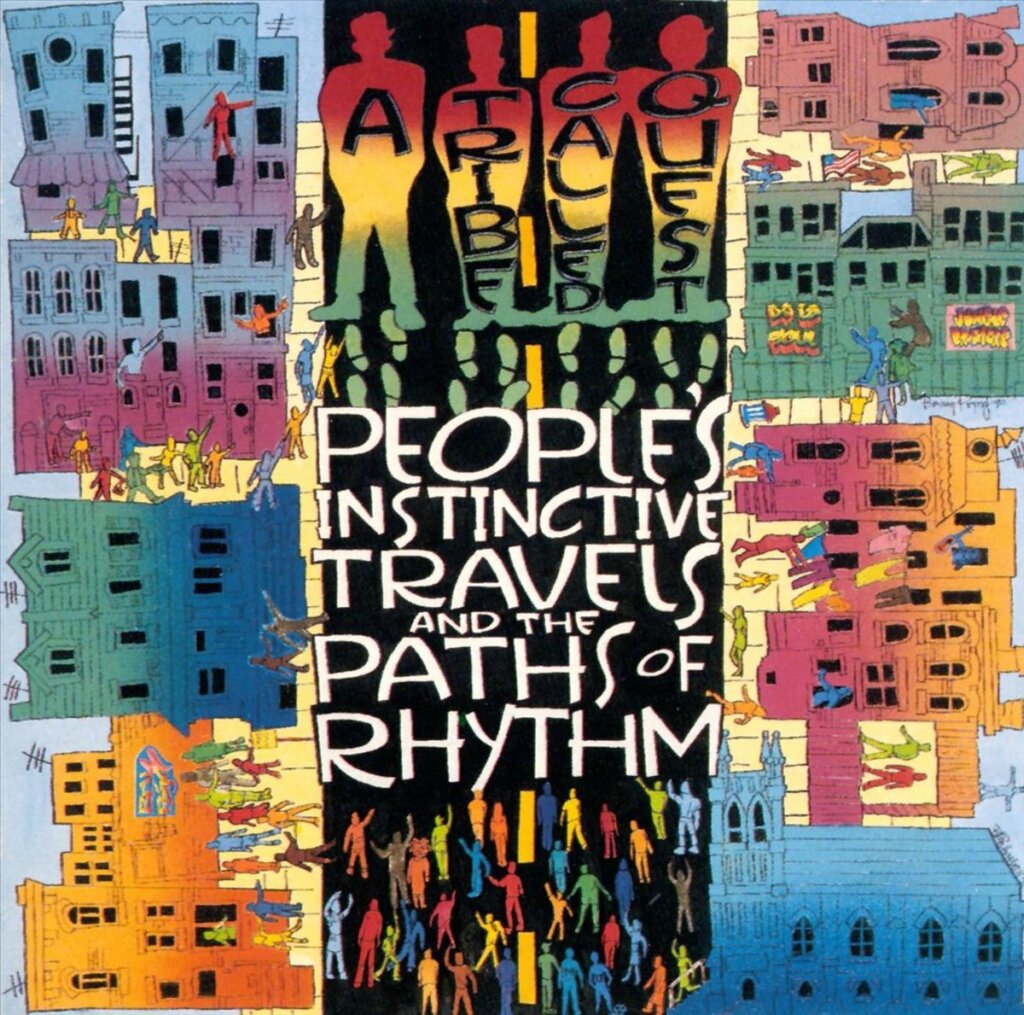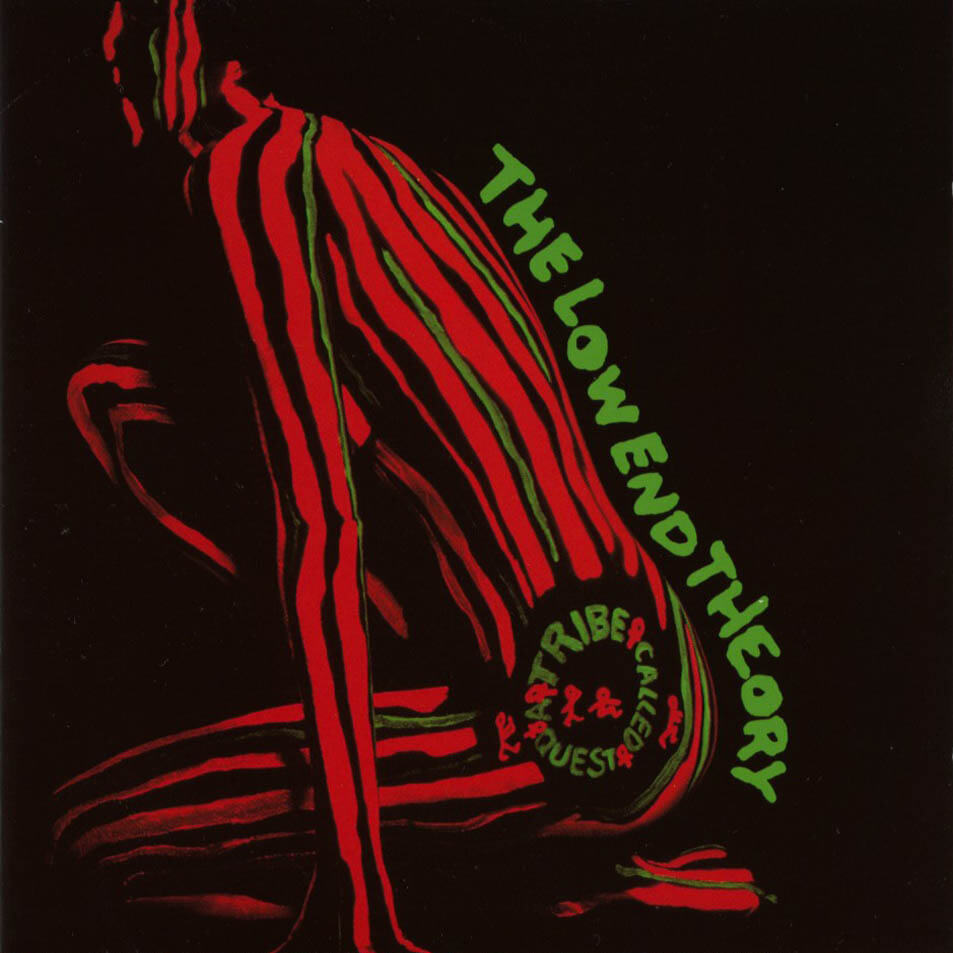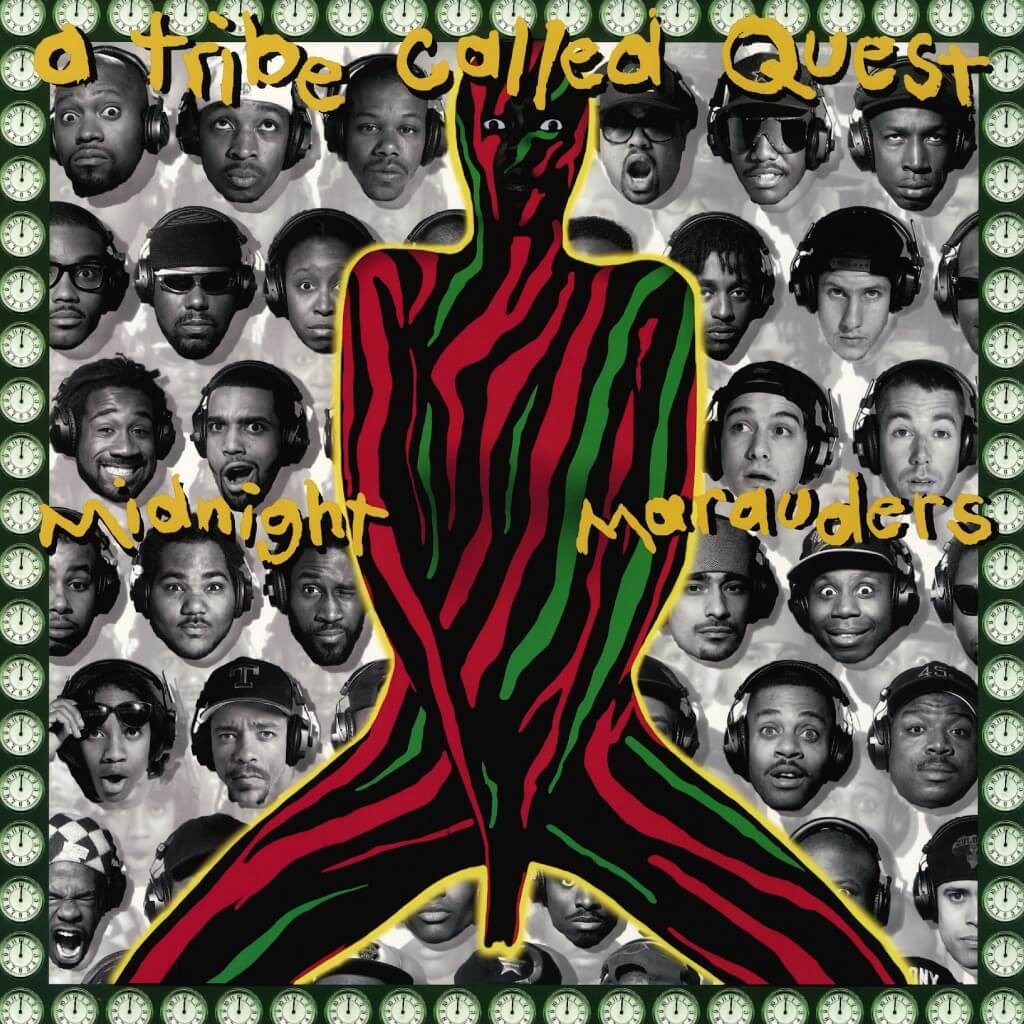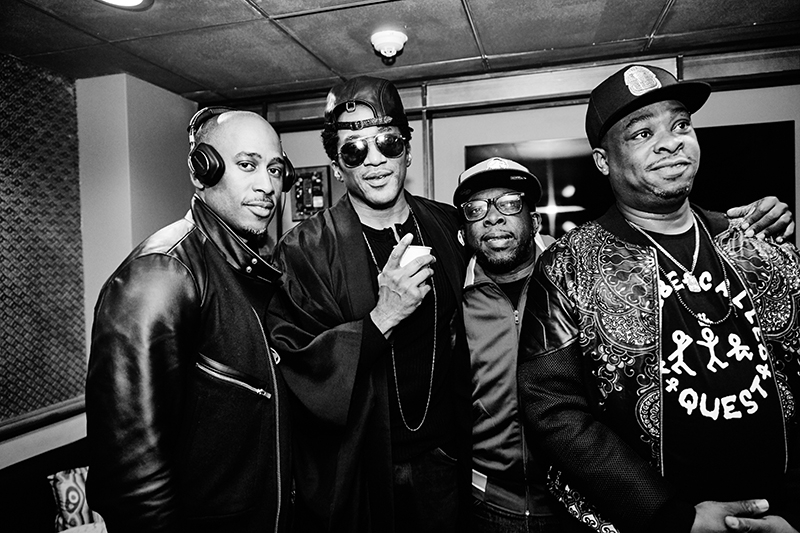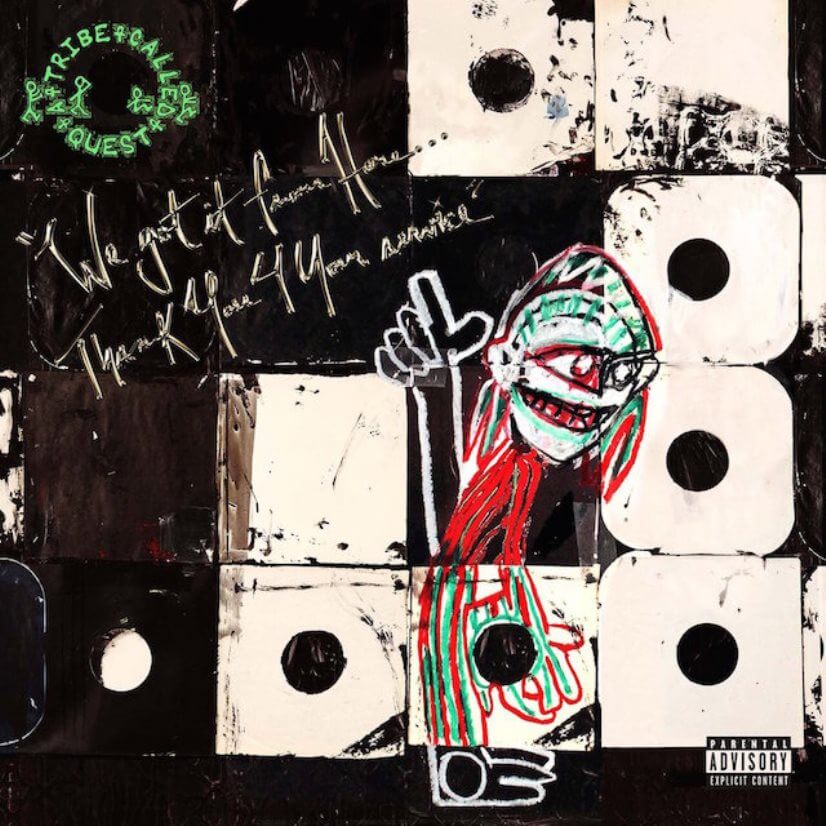A Tribe Called Quest, often referred to simply as ATCQ, brought an unparalleled blend of musical innovation, conscious lyricism, and artistic unity to Hip Hop. Founded in Queens, New York, in 1985, the group consisted of Q-Tip (Kamaal Ibn John Fareed), Phife Dawg (Malik Taylor), Ali Shaheed Muhammad, and Jarobi White. Through a career that spanned over three decades, they became known for their jazz-infused production and thought-provoking lyrics, influencing countless artists in Hip Hop and beyond.
While many of their peers in the late 1980s were focused on harder, more aggressive styles, A Tribe Called Quest carved out their own path by blending laid-back, smooth beats with deep, introspective messages. They combined their love for jazz, funk, and R&B with a social and political consciousness that set them apart in the genre’s landscape, becoming one of the most respected and influential groups in Hip Hop history.
Early Days and the Birth of the Native Tongues Collective
Before A Tribe Called Quest made their mark on Hip Hop, they were already part of a broader movement — the Native Tongues collective. Alongside groups like De La Soul and Jungle Brothers, ATCQ was one of the founding members of Native Tongues, a collective known for promoting positivity, Afrocentricity, and a more relaxed, reflective rap style. The collective emerged in response to the growing popularity of gangsta rap and aimed to offer an alternative perspective, rooted in community and self-awareness.
Q-Tip and Phife Dawg had been friends since childhood, attending the same schools and sharing a deep love for Hip Hop. Their friendship with Afrika Baby Bam of Jungle Brothers helped them become more involved in the Native Tongues scene, where they connected with like-minded artists who believed Hip Hop could be more than bravado and street tales.
The creative energy of Native Tongues influenced ATCQ’s early sound. Their connection to De La Soul was vital, as both groups shared an eclectic approach to music, blending humor, Afrocentric ideals, and unconventional beats. This collective spirit would play a crucial role in the development of A Tribe Called Quest’s unique approach to Hip Hop.
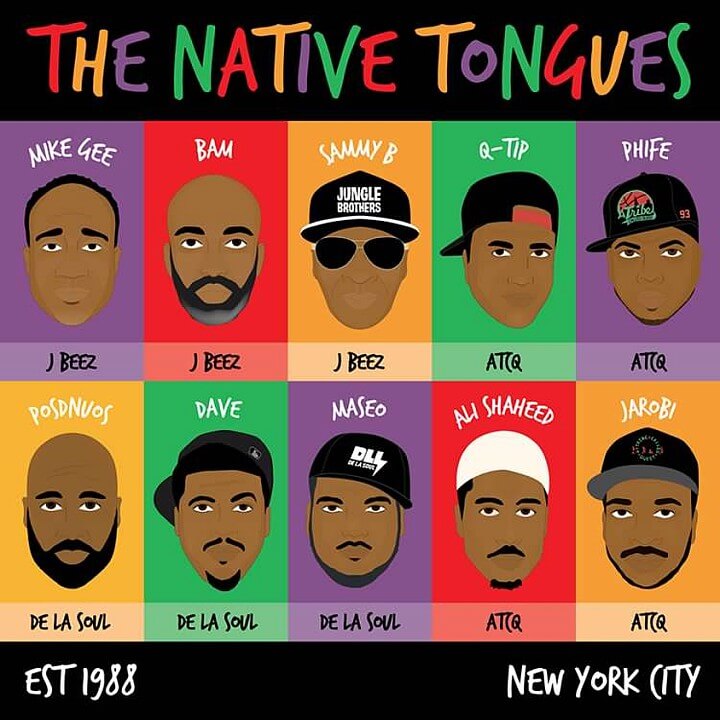
Native Tongues collective illustration, Image Credit: Amy Cinnamon Art
People’s Instinctive Travels and the Paths of Rhythm: A Bold Debut
In 1990, A Tribe Called Quest released their debut album, People’s Instinctive Travels and the Paths of Rhythm. From the start, it was clear that this group was unlike anything else in Hip Hop at the time. The album featured a mix of playful, philosophical, and socially conscious lyrics, set against smooth, jazz-inflected production that was radically different from the harder-edged sound dominating New York’s rap scene.
The album included classics like “Bonita Applebum” and “Can I Kick It?“, tracks that blended witty wordplay with catchy hooks and soulful beats. While People’s Instinctive Travels didn’t have the immediate commercial impact that some might have expected, it began to gain a following and laid the groundwork for the group’s future success.
Q-Tip’s laid-back yet intricate rhyming style stood out. His lyrics flowed effortlessly over the beats, which sampled jazz legends like Roy Ayers and Lou Reed. Phife Dawg, though less prominent on their debut, began to establish himself as a sharp, witty counterpoint to Q-Tip’s introspective delivery.
While the album may not have been a commercial blockbuster, its influence on Hip Hop was undeniable. It redefined what a rap album could sound like and inspired many artists to experiment with jazz and other genres that had previously been underutilized in the world of Hip Hop production.
The Low End Theory: Jazz Meets Hip Hop
If People’s Instinctive Travels established A Tribe Called Quest’s unique sound, their second album, The Low End Theory (1991), solidified their place in Hip Hop history. Widely considered one of the greatest Hip Hop albums ever made, The Low End Theory was a groundbreaking fusion of jazz and rap, with minimalist beats, deep basslines, and sharp lyrical content.
The use of live instruments, particularly the double bass, gave the album a distinctive sound, unlike anything in the genre at the time. Tracks like “Check the Rhime” and “Scenario” became instant classics, with their intricate wordplay, infectious hooks, and tight production. The Low End Theory was also notable for Phife Dawg’s increased presence on the mic, his punchy, streetwise lyrics offering a perfect balance to Q-Tip’s more philosophical musings.
The track “Jazz (We’ve Got)” is a perfect example of ATCQ’s innovative approach. The group blended samples from jazz musician Jimmy McGriff with smooth basslines and crisp drums, creating a sonic palette that allowed Q-Tip and Phife to deliver lyrics that celebrated both music and culture. The fusion of jazz and Hip Hop wasn’t new, but no one had done it with the skill, attention to detail, and authenticity that A Tribe Called Quest brought to the table.
Beyond the sound, the album addressed issues like Black identity, self-awareness, and social dynamics. “Check the Rhime” emphasized the group’s Queens roots and offered a look into their personal experiences growing up, while “Scenario” brought a sense of fun and camaraderie, featuring Busta Rhymes in one of his most iconic early performances.
The Low End Theory helped to elevate the Native Tongues collective. Its success proved that conscious, socially aware Hip Hop could achieve both commercial and artistic acclaim, influencing a new generation of artists who sought to create meaningful music while maintaining mainstream appeal.
Midnight Marauders: Expanding the Tribe’s Legacy
Released in 1993, Midnight Marauders was another major milestone for A Tribe Called Quest. If The Low End Theory had established their sound, Midnight Marauders refined it further. The album presented a more polished, cohesive sound, while still maintaining the jazz-influenced beats and lyrical depth that fans had come to expect.
Songs like “Electric Relaxation” and “Award Tour” became signature tracks for the group, mixing smooth, laid-back production with introspective, thoughtful lyrics. Midnight Marauders struck a perfect balance between accessible, radio-friendly hits and more complex, socially conscious tracks that addressed issues such as racial inequality, self-empowerment, and the commercialization of Hip Hop.
Q-Tip’s production on this album reached new heights, incorporating lush, soulful samples that gave the songs a rich, immersive sound. Phife Dawg’s witty and sharp verses provided the perfect counterpoint to Q-Tip’s mellow flow, and the chemistry between the two was undeniable throughout the album.
Midnight Marauders wasn’t only a fan favorite, it was a commercial success, debuting at number eight on the Billboard 200 and eventually going platinum. The album’s mix of introspection, humor, and cultural commentary made it accessible to a wide audience, and its influence can still be felt in modern Hip Hop. It captured a moment in time when conscious rap could thrive alongside more commercial styles, offering something for both casual listeners and Hip Hop purists.
The Group’s Impact on Hip Hop Production
One of the defining characteristics of A Tribe Called Quest was their innovative approach to production, particularly in their use of jazz samples and live instrumentation. Q-Tip, who handled much of the group’s production alongside Ali Shaheed Muhammad, created a sound that was both minimalist and intricate, relying heavily on jazz breaks, deep basslines, and crisp drums. This approach was revolutionary at a time when Hip Hop production was moving towards more synthetic, bombastic sounds.
A Tribe Called Quest’s production style was innovative and organic, blending the old with the new in a way that felt effortless. Their music bridged the gap between generations, drawing from the rich history of jazz and soul while staying firmly grounded in the culture and sound of Hip Hop.
Tensions and Breakup in the Late 1990s
By the mid-1990s, A Tribe Called Quest had achieved critical and commercial success with three classic albums under their belt. However, internal tensions began to build within the group, particularly between Q-Tip and Phife Dawg. These tensions came to the forefront during the recording of their fourth album, Beats, Rhymes & Life (1996), which marked a shift in both sound and group dynamics.
Beats, Rhymes & Life saw A Tribe Called Quest experimenting with a darker, more introspective tone, influenced in part by the growing prominence of gangsta rap. The album, produced largely by Q-Tip and newcomer Jay Dee (later known as J Dilla), had a more subdued, somber feel compared to their earlier work. While the album was still well-received, it didn’t have the same impact as their previous efforts.
The group’s internal struggles continued during the making of The Love Movement (1998), their final album before disbanding. By this point, the creative and personal differences between Q-Tip and Phife Dawg had become too much to overcome, and the group announced their breakup shortly after the album’s release. The Love Movement received a lukewarm response compared to their earlier albums, and it seemed that A Tribe Called Quest’s era had come to an end.
A Triumphant Return: We Got It from Here… Thank You 4 Your Service
After years of individual projects and sporadic reunions, A Tribe Called Quest surprised fans in 2016 with the release of We Got It from Here… Thank You 4 Your Service. Tragically, Phife Dawg passed away in March 2016, but his contributions to the album were recorded before his death, making the project a fitting tribute to his legacy.
We Got It from Here was a reminder of why A Tribe Called Quest had been so beloved in the first place. The album featured the same jazz-inflected beats and thoughtful lyrics that had defined their earlier work but with a contemporary edge. It addressed modern issues like racism, political division, and social justice, proving that ATCQ’s voice was still relevant in the modern Hip Hop landscape.
Tracks like “The Space Program” and “We the People….” captured the urgency of the moment, while also paying homage to the group’s history. The album was a critical and commercial success, debuting at number one on the Billboard 200 and earning widespread praise from fans and critics alike.
Legacy and Influence
A Tribe Called Quest’s legacy goes far beyond their discography. Their music helped shape the sound of conscious Hip Hop, and their influence can be heard in artists like Kendrick Lamar, Kanye West, and The Roots. Their approach to production, particularly the fusion of jazz with Hip Hop, inspired generations of producers and musicians.
Their impact on Hip Hop culture was also significant, as they challenged the genre’s norms and broadened its scope. By blending introspective lyrics with innovative beats, they created a space for more experimental, conscious, and jazz-inspired sounds in Hip Hop.
In many ways, A Tribe Called Quest’s career reflects the evolution of Hip Hop itself, from its roots in the streets of New York to its place as a global cultural force. Their ability to balance creativity with social commentary has ensured that their music continues to inspire new generations of artists and listeners alike. It’s indisputable: ATCQ is one of the greatest rap groups of all time.
